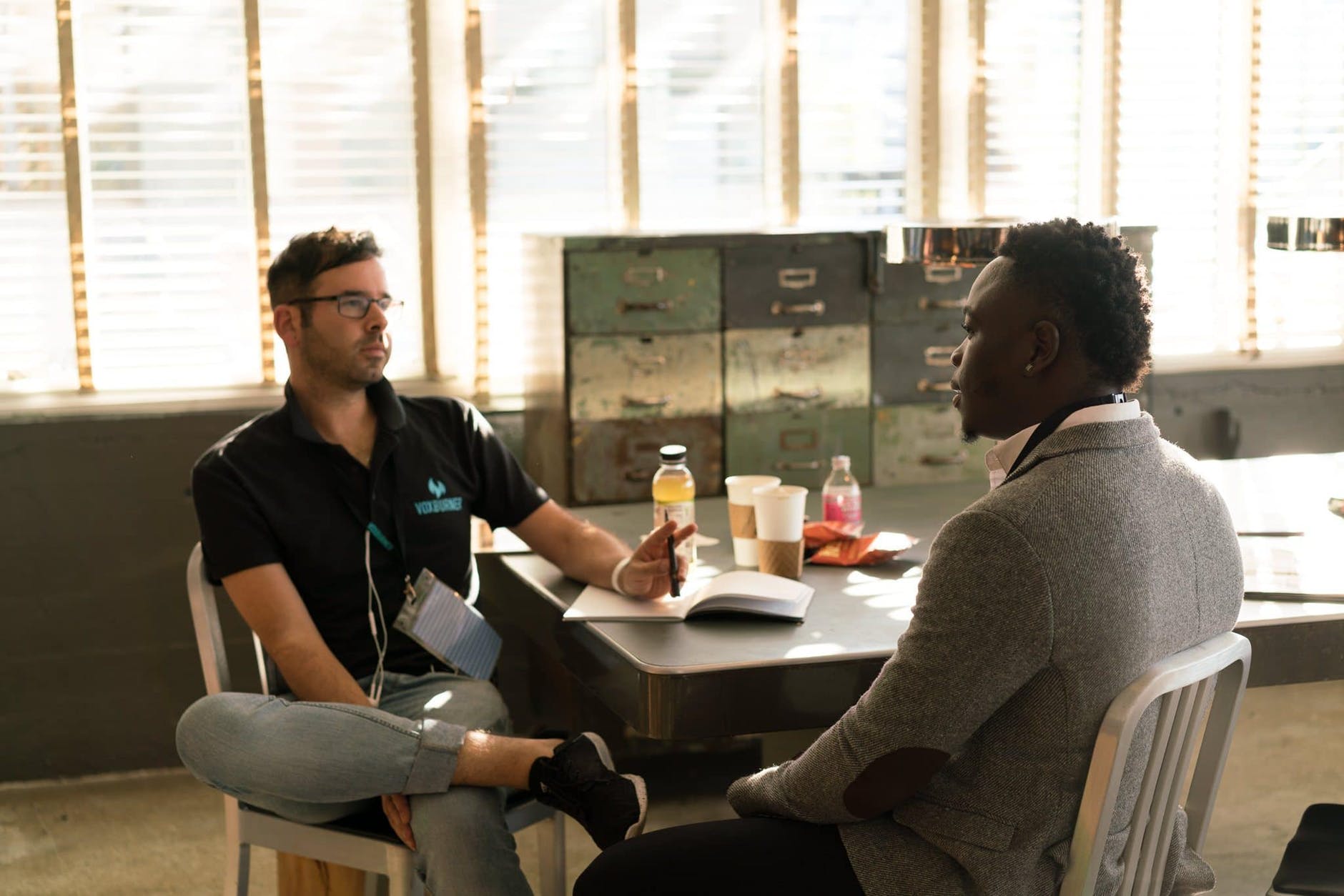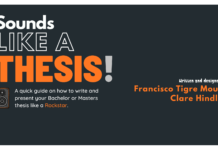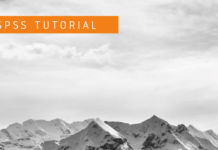All good research methods books will give you guidelines on creating appropriate questions and using appropriate question types (Bryman & Bell, 2015, Saunders et al, 2015) for in-depth qualitative interviews.
However, here are a couple of practical points which often arise in supervision meetings, yet aren’t necessarily in the books.
1. Choose interviewees well. If you’re studying inbound tourism in a luxury Caribbean resort, don’t interview penniless students.
2. How many? Aim for data saturation. This means when you start to hear the same comments again and again, you can claim data saturation. According to Guest, Bunce and Johnson (2006) in order to obtain data saturation, meaning the unlikeliness of new topics or different answers arising in further interviews, a size of at least 12 participants is deemed necessary. A sample of at least six interviewees is sufficient for a reflection of a range of viewpoints. In reality, there is no magic number as this will depend on how many experts are available to be interviewed, how heterogeneous the group of interviewees is, how long the interviews are, how much time is available, how much data is to be analysed and of course whether you are writing for a Bachelor’s, Master’s or PhD.
3. If an expert has given you time to carry out your interview, then get to the point. They don’t want you to spend the first 10 minutes asking about their demographic details, work experience etc. You’ve told them you want to talk about ‘emotional intelligence’ for example, then do! You could clarify the extra stuff later.
4. Prioritize your questions: If you have 4 topics you wish to discuss, then put them in order of priority. If worst comes to the worst, the interviewee will receive an important phone call and have to break off – make sure you get the important stuff in first. Maybe some of your questions are the same for all interviewees and some differ for particular people. Could be a good idea to get the comparative data in first.
5. Cut the jargon: just because someone isn’t familiar with Maslow’s hierarchy of needs theory, doesn’t mean they don’t know an awful lot about people’s needs and demands. They just probably use other words.
6. Record! Most people are happy to let you record the interview. Explain that you only need to do this so you can concentrate on the interview without having to take notes. Of course, you need to guarantee that you will delete it after data analysis, if the interviewee wishes. This recording allows you to concentrate not only on what people say, but their gestures, hesitations and expressions. This can be really useful data.
7. Transcribe the interviews: it takes some time, but a transcript of the interviews is really useful to be able to compare data in detail. You may even expand the study later and these transcripts are then additional data.
8. You get better at this: the first interview could be sluggish compared to the later ones. It’s worth having a dummy run/pilot interview before the ‘real’ thing. In order to avoid major discrepancies, you need to be really well prepared. Know your topic and know your questions. Maybe the interviewee doesn’t volunteer much info, think in advance what you can do about this.
9. Rapport matters! Some people find it easier to establish rapport than others. You know what you are like in these situations. What can you do to help your interview partner relax and to avoid short, sharp answers when you want in-depth data?
10. Avoid email interviews: sometimes people offer to answer your interview questions by email. Of course, this is better than nothing, but often the data ends up not much more detailed than an online questionnaire. Therefore even if it involves being flexible with dates, try to speak to people face to face, by skype or if must be, by phone.
Final Thoughts
After reading this, you should now focus on:
SAMPLE, NUMBER, LANGUAGE CLARITY, FOCUSED QUESTIONS, PRIORITY QUESTIONS, RECORDING; TRANSCRIPTION, DIRECT CONTACT.
Also do not forget to read our other recommendations on how to prepare for an in-depth interview. It will certainly be helpful for you!
And who I’d like to interview? LEONARDO DA VINCI, RAFAEL NADAL, FIDEL CASTRO.





